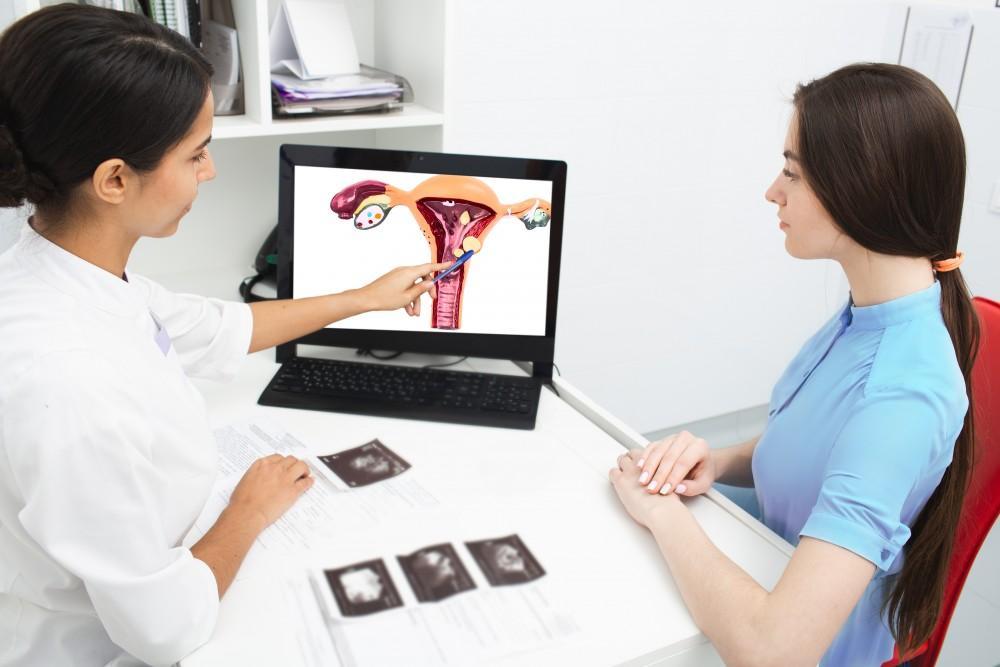
What to Expect From Your First 3D Mammogram
A mammogram is an X-ray of your breasts. It’s the best way to identify early...
Read MoreHeavy menstrual bleeding, medically called menorrhagia, may not only interfere with your regular daily activities, it may lead to complications such as anemia and severe menstrual cramps. There are treatment options, and the best for you may depend on many factors, including your age and the underlying causes of your menorrhagia.
While it’s normal for menstrual flow to vary from month to month, menorrhagia typically exceeds regular heavy flows. Some indications you may be experiencing menorrhagia include:
Heavy menstrual bleeding may require a special visit to The Women’s Center apart from any regular appointments if these symptoms are severe. If you have bleeding between regular periods or after menopause, an extra appointment is strongly advised.
The most effective treatments for menorrhagia limit your ability to get pregnant, either permanently such as through hysterectomy, or temporarily as with hormone therapy using birth control pills or hormonal intrauterine devices (IUDs). If you’re still within your reproductive years and trying to get pregnant, these aren’t effective treatments for you.
Surgical options besides hysterectomy include the removal of uterine fibroids or polyps if these are contributing to heavy flows. These procedures won’t interfere with your ability to get pregnant. Endometrial ablation removes the lining of the uterus, which reduces or stops menstrual activity and pregnancy afterward isn’t likely.
However, the endometrium can sometimes grow back. Dilation and curettage (D&C) removes some of the uterine lining and it can treat active or acute bleeding, though it’s not used as a long-term solution.
Both birth control pills and hormonal IUDs can help moderate the conditions that produce menorrhagia by altering the balance of hormones in your body. IUDs containing a type of progestin called levonorgestrel may be the most dramatically effective method of managing heavy menstrual bleeding.
This will also effectively prevent pregnancy, so it’s not a solution if you’re trying to get pregnant. Menorrhagia can, in some cases, be caused by hormone therapies, so you may need to alter the type of therapy you’re receiving to relieve your bleeding issues.
Drugs typically used as painkillers, including ibuprofen and diclofenac, can be used to moderate the pain that accompanies heavy menstrual flow. As well as relieving pain, these medications can also reduce the amount of bleeding that occurs during menstruation. Though it’s not an NSAID, tranexamic acid reduces bleeding somewhat more effectively than NSAID medications.
There’s no need to simply accept the occurrence of heavy menstrual flow each month. Contact any location of The Women’s Center to arrange an examination and consultation. Your women’s care professional will create a treatment plan based on your condition and life plans. Call or click today.




A mammogram is an X-ray of your breasts. It’s the best way to identify early...
Read More
About 1 in 10 women has ovarian cysts. These small growths form on your ovaries,...
Read More
If you and your partner have decided you’re ready to start growing your family, you’re...
Read More